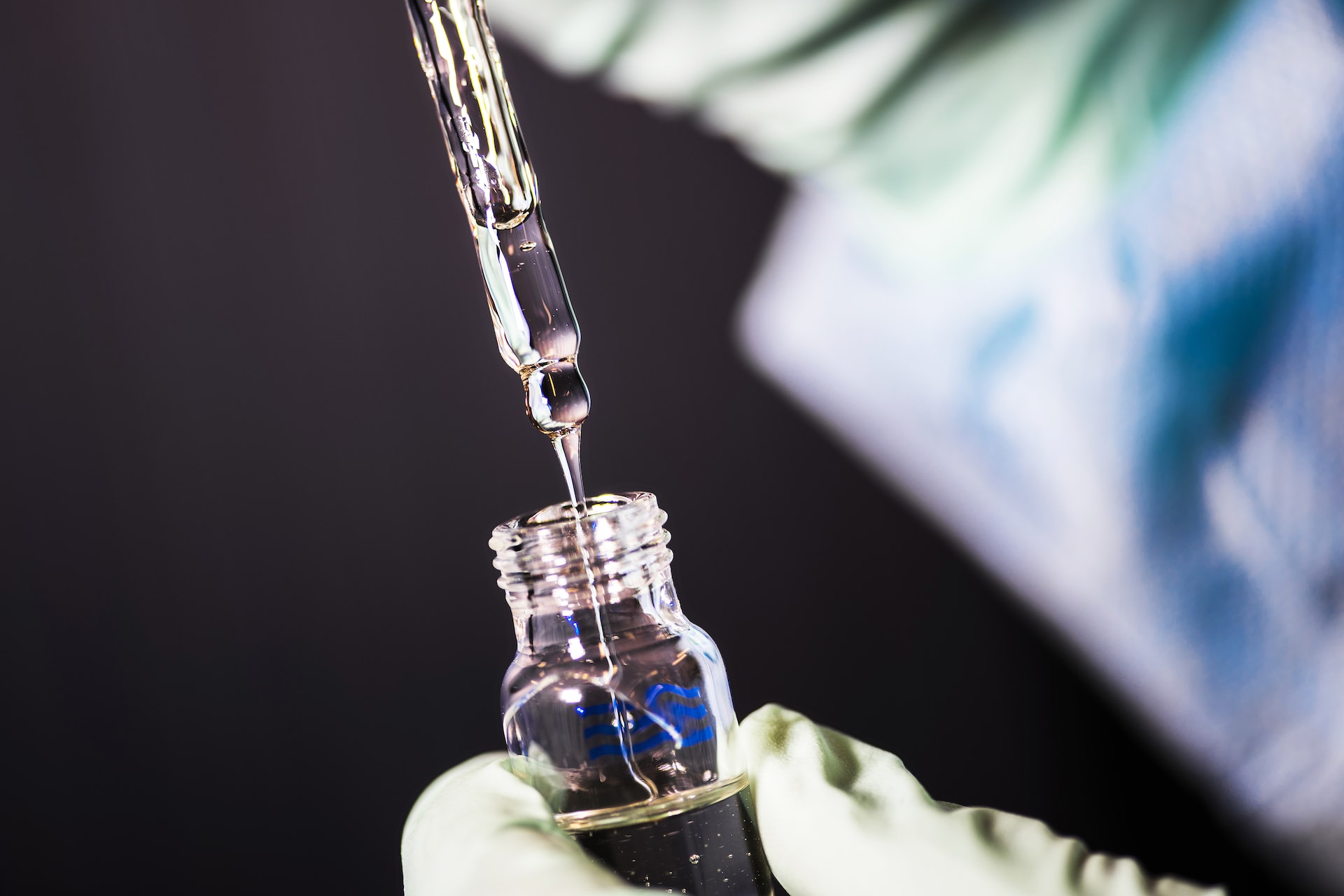With respect to the timing of eculizumab/ravulizumab in a possible case of aHUS, and prior to the exclusion of ADAMTS13 deficiency, our recommendations are in accordance with KDIGO guidelines:
- In adults, we recommend that plasma therapy is undertaken until ADAMTS13 deficiency has been reliably excluded.
- In children, it may be possible to commence eculizumab/ravulizumab prior to the availability of the ADAMTS13 activity result.
In all cases, early referral to the National aHUS Service allows timely clinical discussion, investigations and decision making.

